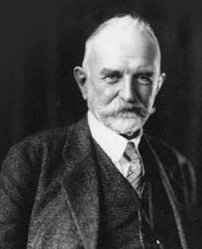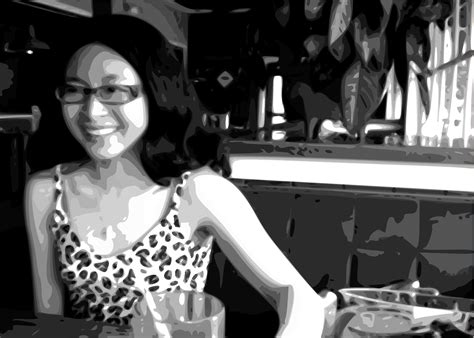A Quote by Pitirim Sorokin
Any Organized social group is always a stratified social body. There has not been and does not exist any permanent social group which is "flat" and in which all members are equal.
Related Quotes
Anarchism is no patent solution for all human problems, no Utopia of a perfect social order, as it has often been called, since on principle it rejects all absolute schemes and concepts. It does not believe in any absolute truth, or in definite final goals for human development, but in an unlimited perfectibility of social arrangements and human conditions which are always straining after higher forms of expression, and to which for this reason one can assign no definite terminus nor set any fixed goal.
A society which makes provision for participation in its good of all its members on equal terms and which secures flexible readjustment of its institutions through interaction of the different forms of associated life is in so far democratic. Such a society must have a type of education which gives individuals a personal interest in social relationships and control, and the habits of mind which secure social changes without introducing disorder.
Every one of the constituent elements of a social group, in a modern city as in a savage tribe, is born immature, helpless, without language, beliefs, ideas, or social standards. Each individual, each unit who is the carrier of the life-experience of his group, in time passes away. Yet the life of the group goes on.
I suppose it's not a social norm, and not a manly thing to do - to feel, discuss feelings. So that's what I'm giving the finger to. Social norms and stuff...what good are social norms, really? I think all they do is project a limited and harmful image of people. It thus impedes a broader social acceptance of what someone, or a group of people, might actually be like.
Feminism is a belief that although women and men are inherently of equal worth, most societies privilege men as a group. As a result, social movements are necessary to achieve political equality between women and men, with the understanding that gender always intersects with other social hierarchies.






























